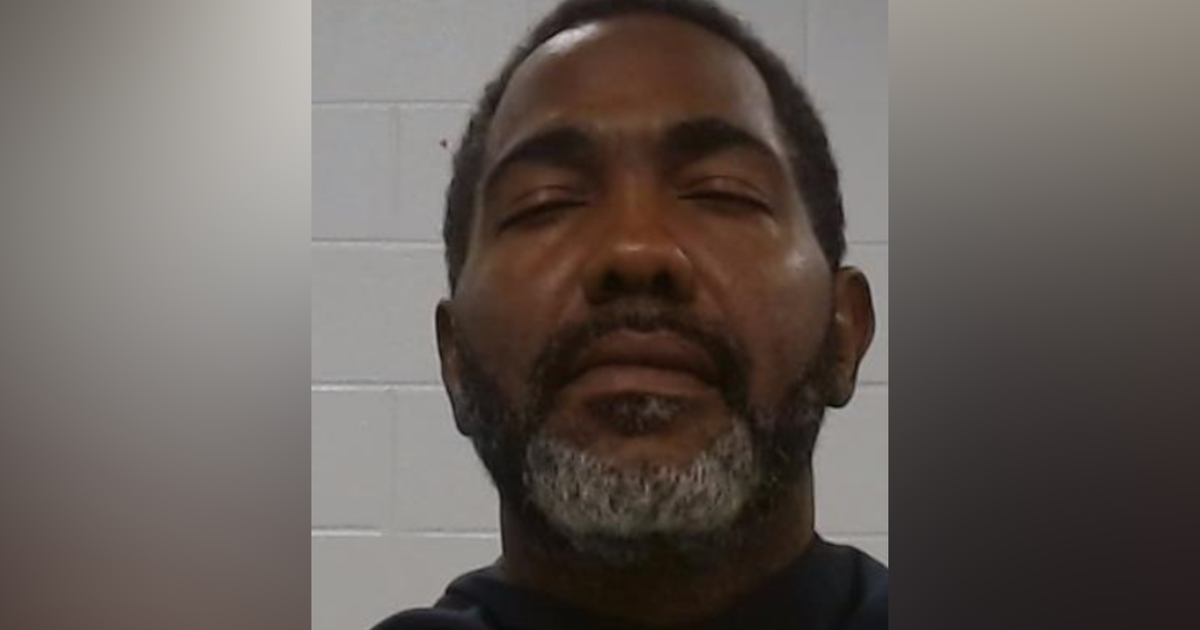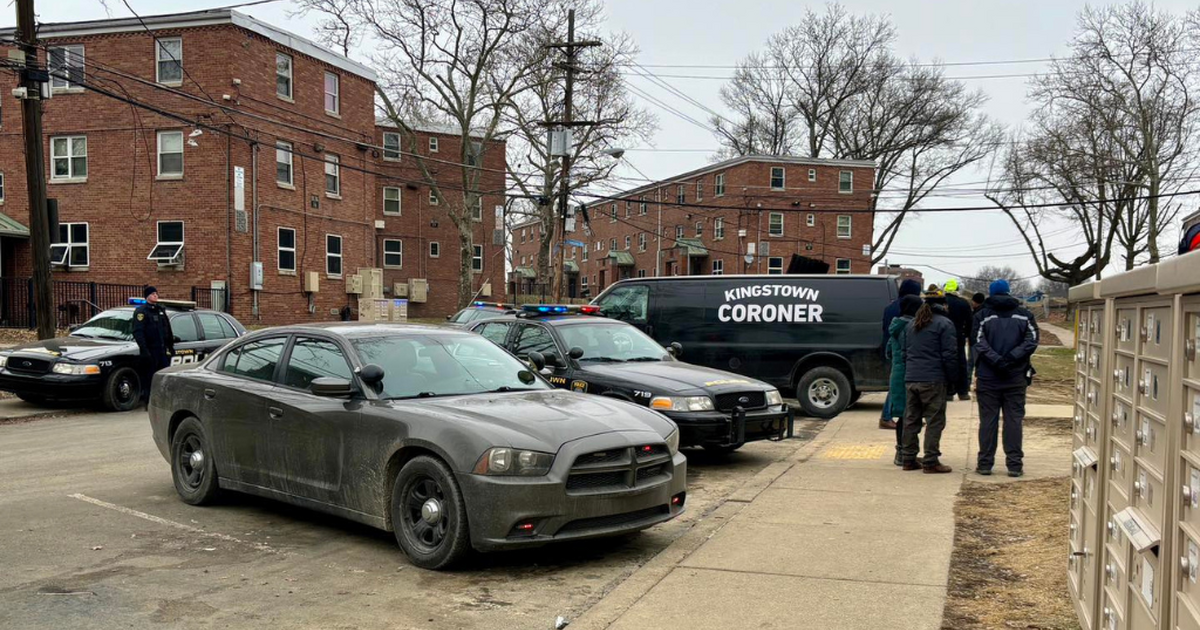Texas Prisons Aim To Eliminate Cellphones
BEAUMONT, Texas (AP) - The nation's largest state prison system is turning to electronic weaponry to combat the persistent headache of illegal cellphones smuggled to inmates.
Final testing starts next week at the first of two Texas Department of Criminal Justice prisons where equipment has been installed to block calls to and from unauthorized phones.
The equipment, known as a managed access system, also diverts text messages, emails and Internet log-in attempts from contraband phones. It should be in full operation at the Stiles Unit outside Beaumont and the McConnell Unit near Beeville next month. The two prisons together hold some 5,000 inmates and historically have been the worst of the more than 100 Texas prisons when it comes to cellphone smuggling.
The goal is to make cellphones useless, or at least not worth the risk of extended prison time or reduced privileges, said Michael Roesler, senior warden at the Stiles Unit.
"If the cellphone becomes the proverbial paperweight, the reward of taking a chance of losing their good time, their status, their class, their parole possibility, is too great a risk for them to hang on to," he said.
Contraband phones have been a problem in prisons around the country. Prison administrators consider them security threats, used by inmates to plan and coordinate escapes, run illicit businesses and threaten and harass crime victims or authorities.
In South Carolina, a corrections officer in charge of keeping contraband out of the prison where he worked was shot at his home in 2010 in a plan devised by inmates using smuggled phones.
Five years ago in Texas, a death row inmate made threatening calls to a state senator, prompting an unprecedented governor-ordered lockdown of the entire 150,000-inmate prison system to sweep for contraband.
Late last month, several gang members at the McConnell Unit were arrested after trying to sell stolen vehicles to Mexican drug cartel members in a scheme coordinated with illegal phones. The investigation also netted 17 former corrections officers accused of selling phones and drugs to prisoners.
Overall, Texas corrections authorities seized 630 cellphones from inmates in 2011 and 738 last year, including 110 from Stiles.
"It's something we take very seriously," said Tommy Prasifka, deputy director of the agency's institutional division. "We've worked very hard to come up with ideas, constantly looking at better ways, whether its technology or utilizing searches and shakedowns."
In California, where nearly 120,000 inmates make it the second-largest state prison population behind Texas, a managed access system went into use in November at the Avenal State Prison. Nearly 4,800 unique devices and 1.13 million communication attempts were detected in the first month, said Dana Simas, spokeswoman for the California Department of Corrections and Rehabilitation.
"We've had so many incidents related to inmates with cellphones, from organizing criminal gang activities, harassing victims," Simas said. "Those kinds of serious incidents can occur when someone has a cellphone that can't be monitored by us."
Charles Manson, arguably the state's most notorious inmate, has been caught at least twice with phones.
Texas officials say they have had less of a problem than California in part because California, blaming cost considerations, does not subject employees entering prisons to metal detector searches.
(© Copyright 2013 The Associated Press. All Rights Reserved. This material may not be published, broadcast, rewritten or redistributed.)
Also Check Out:







